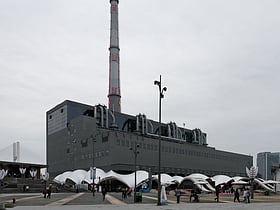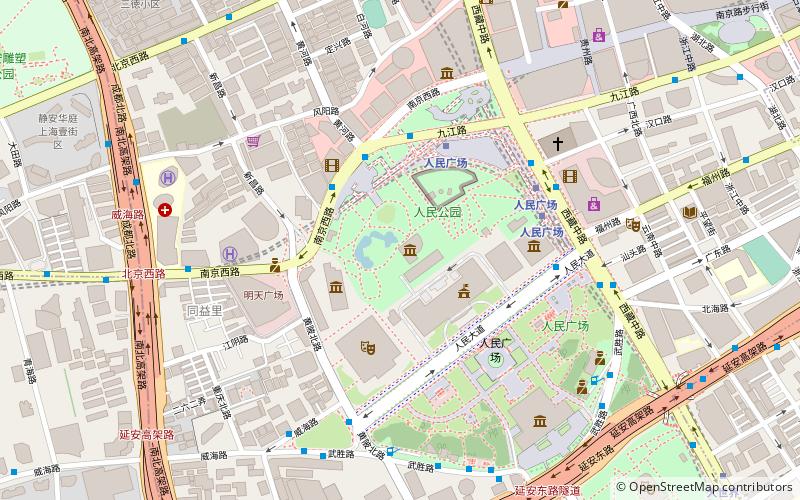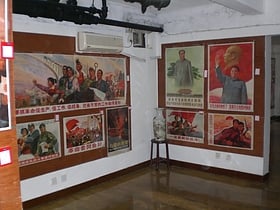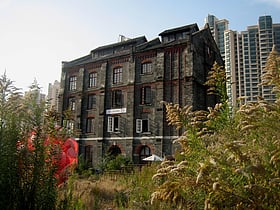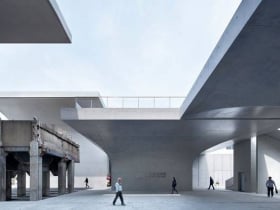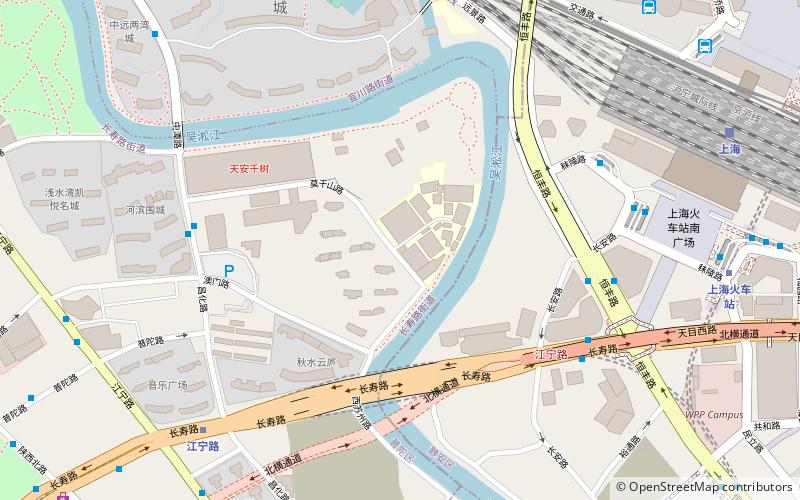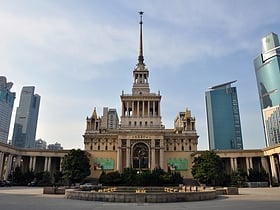Shanghai: Art Gallery
Places and attractions in the Art gallery category
Categories
- Museum
- Park
- Shopping
- Shopping centre
- Temple
- Bridge
- Art museum
- History museum
- Buddhist architecture
- Amusement
- Amusement park
- Universities and schools
- Neighbourhood
- Church
- Art gallery
- Tower
- Mosque
- Historical place
- Theater
- Concerts and shows
- Sport
- Sport venue
- Skyscraper
- Specialty museum
- Modern art museum
- Science museum
- Amusement ride
- Arenas and stadiums
- Street
- Town
- Nightlife
- Area
Power Station of Art
The Power Station of Art is a contemporary art museum in Shanghai. Housed in a former power station, it is China's first state-run contemporary art museum. Converting the building cost $64 million which was paid for by the Shanghai government.
MOCA Shanghai
The Museum of Contemporary Art Shanghai is a contemporary art museum in the city of Shanghai, China. It is located within People's Park, north of People's Square, the location of a former racecourse that now holds the central administrative building and museums of Shanghai.
Propaganda Poster Art Centre
The Propaganda Poster Art Centre is a museum located in Shanghai which exhibits posters from the Maoist period of communist China, especially from the Cultural Revolution period.
Island6
Island6 Arts Center is an artist-run space and creative platform established in Shanghai, China. It was founded in 2006 by French curator/artist Thomas Charvériat.
Fuck Off
Fuck Off was a contemporary art exhibition which ran alongside the Third Shanghai Biennale in Shanghai, China. The exhibition's title translates as "Uncooperative Attitude" in Chinese, but the blunter English language sentiment was deemed preferable. The exhibition encompassed conceptual, performance, and protest art.
Shanghai Exhibition Centre
The Shanghai Exhibition Centre or the Shanghai Exhibition Hall is an exhibition and convention centre in central Shanghai. The building was built in 1955 as the Sino-Soviet Friendship Building to commemorate the alliance between China and the Soviet Union, a name by which many locals still refer to the building.
Map

